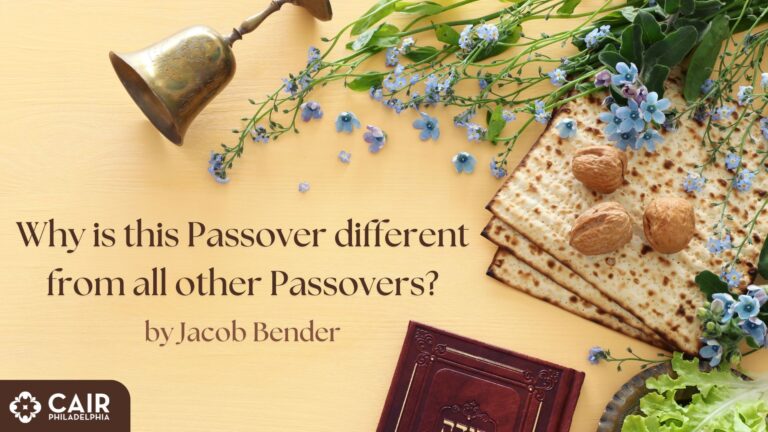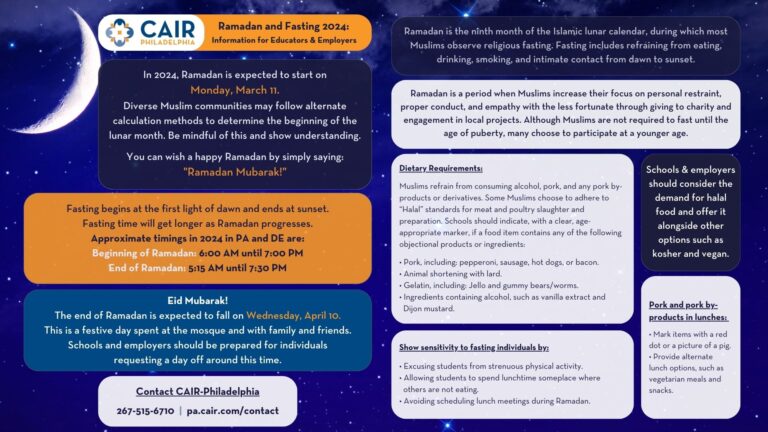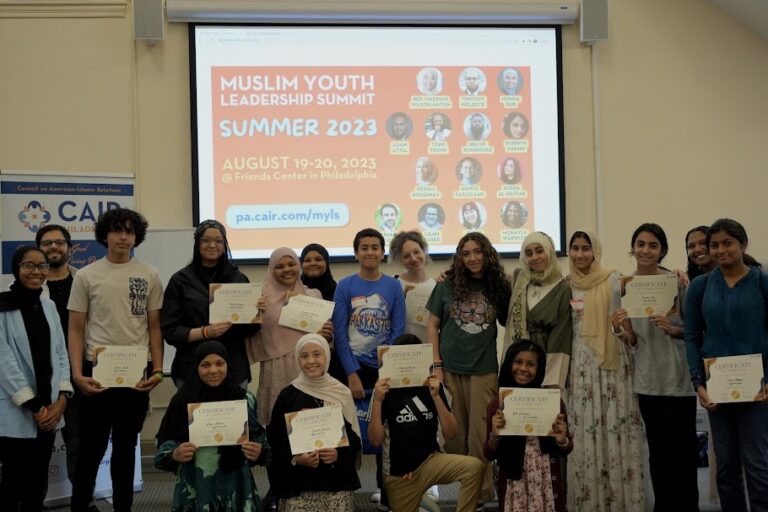by Jacob Bender, CAIR-Philadelphia Executive Director
Nearly one week ago, three gunmen wearing suicide vests killed 44 people and wounded at least 239 in an attack on Ataturk International Airport in Istanbul. According to the latest information released by the Turkish Government, the three attackers were Russian, Uzbek, and Kyrgyz nationals, each with ties to ISIS.
Though the American media dutifully reported on the carnage, it was clear from the first news reports that this latest act of terrorism would not garner the wall-to-wall coverage bestowed upon previous terror attacks, like Orlando, San Bernardino, Brussels, and Paris. Surveying the media coverage of the Istanbul attack, it is hard not to ask the impolite question whether the victims being overwhelming Muslims played any role in how the mainstream media reported on the attack?
Put another way, is it a natural human tendency to care more about the victims of an attack when they come from the same tribe as ourselves? Or is it the responsibility of the media and religious leaders in a free society to affirm the worth of all human being: no matter the color of their skin; no matter the way they pray, or do not; no matter the gender of who they love. When we read in the Quran that: “Whoever kills a person [unjustly]… it is as though he has killed all mankind. And whoever saves a life, it is as though he had saved all mankind.” [Qur’an, 5:32]
Our friend Dean Obiedallah, in his Huffington Post blog writes that, “Is the lack of media coverage because there’s an empathy gap for Muslims lives? Or is it that the media executives simply believe Americans don’t care and won’t watch stories about Muslims killed by terror attacks?”
Dean goes on to write that: “Coverage of the victims, hearing from their families, etc., goes a long way to humanizing Muslims. It gives a human face to Muslims, which is a powerful counter-narrative to the way some on the right in American politics want to depict us. Second, coverage of Muslim killed by terrorism would make it clear to our fellow Americans that the number one victims of the so-called Islamic State are in fact Muslims. This hopefully will cause many to realize that we Muslims are united in fighting ISIS since the terrorists are slaughtering Muslims daily.”
Indeed. I write this article on the morning of July 4th, the anniversary of our nation’s birth, when we should be out celebrating the democratic values of justice and equality and pluralism that make our country great (not the fear-mongering, xenophobia, and racism that are also a part of our country’s heritage).
Instead, this morning’s news brings the sights and sounds of horrendous carnage from Bangladesh and Baghdad: eerily similar scenes of explosions, charred bodies, wailing ambulances, and grieving veiled woman in hijabs. Hundreds of Muslim victims killed by their fellow Muslims taking orders from, or inspired by, a death-cult proclaiming fidelity to the same One God (SWT) and His Prophet (PBUH), the same God among whose names are THE COMPASSIONATE and THE MERCIFUL.
Although those of us with some sense of history can endlessly point out that it was the 2013 American invasion of Iraq, with its monumental destabilizing impact upon the entire Middle East, which led directly to the rise of ISIS across Iraq and Syria, we can and must say the following:
First, the mass murders of ISIS are actions committed by independent human beings who must be held accountable by the international community for their crimes against humanity.
Second, while every mainstream Muslim institution around the world has consistently condemned the violent outrages of ISIS as contrary to the teachings of Islam, and called for united action to counter the extremist threat, there is no simple answer to the problem of extremist terrorism (certainly not unilateral American actions by bombing, drones, or Special Forces, will once again prove totally inadequate to address, much less cure, the complex web of authoritarianism, economic hopelessness, and religious extremism that ISIS represents).
Finally, as the Sacred Month of Ramadan draws to a close, and Muslims around the world prepare to celebrate Eid-ul-Fitr, the words of the Qur’an were never more abundantly relevant: “Hold to forgiveness, command what is right, and turn away from the ignorant.” [Qur’an, 7:199]
In those sacred words quoted above, we find the real worth of Muslim lives, indeed, of all human life: the obligation to repair the world with God’s mercy, compassion, and love. This is also the mission of CAIR: to help non-Muslims learn about the beauty of Islam, as I have so learned; and to defend the civil liberties of American Muslims threatened, as in no previous times, by this surprisingly unsettling election cycle.
Won’t you join me in this great challenge?



 Donate Now
Donate Now

